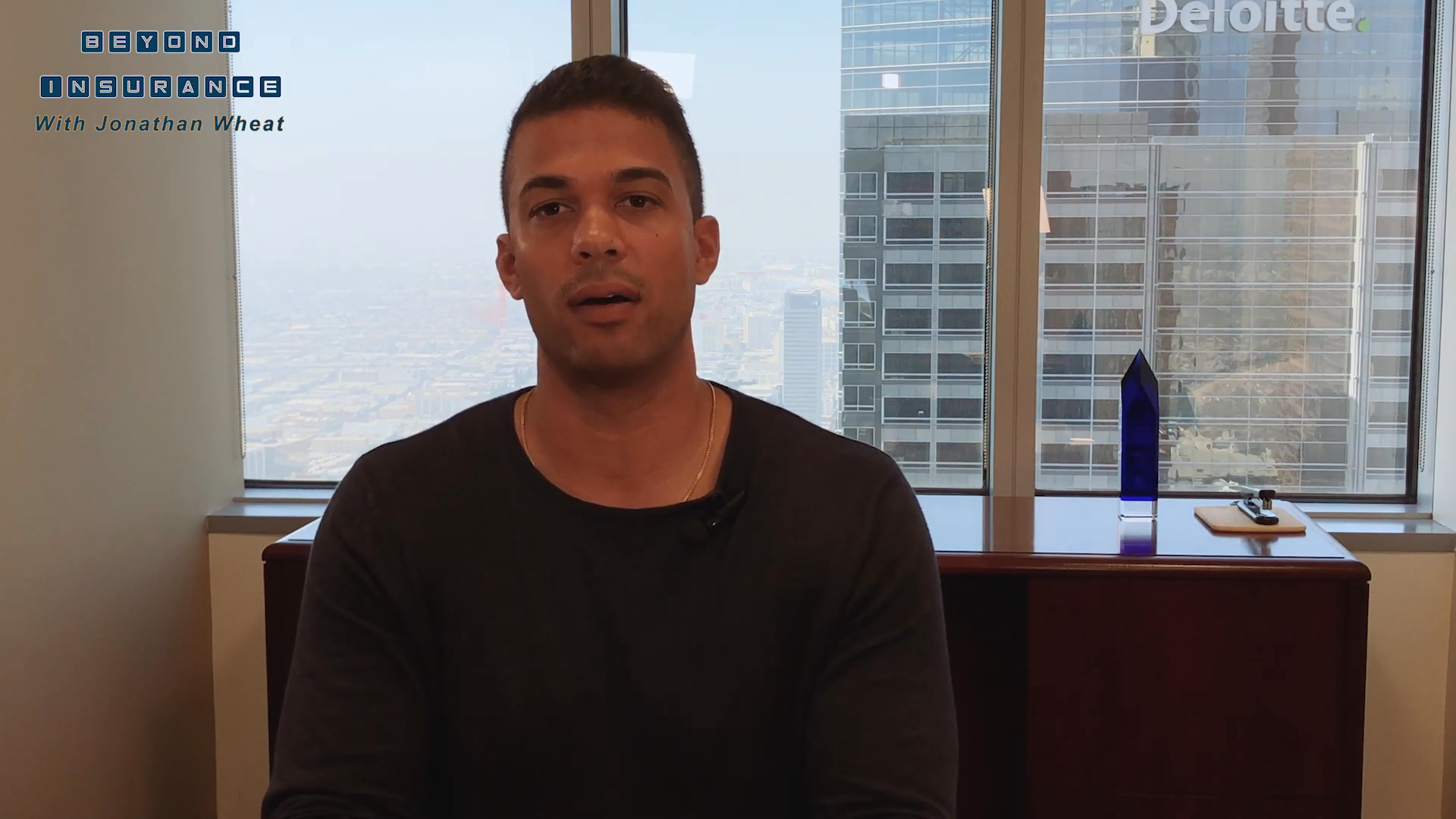The #1 Mistake Investors Make When Choosing Property Insurance Policies (And How to Avoid It)
Real Estate Scene: Mastering Insurance for Your Portfolio
It's good to be back! Over the past few months, we’ve been working tirelessly to ensure we’re providing top-notch care for your assets and businesses. We’re continually developing innovative ways to better our offerings, and today, we’re coming to you from the LA EPIC office with some crucial insights. This time, our focus is on the importance of an effective master insurance program and its impact on your portfolio.

The Benefits of Using a Master Insurance Program
We often receive queries from clients, especially investors with a rapidly growing portfolio, about the advantages of a master insurance program. It's not uncommon for investors to have assets scattered across multiple cities or states, leading to a jumble of individual policies and premiums to manage. So, the question is: Can you consolidate these under one policy? The answer is a resounding yes, and it often makes sense. Let's delve into the pros and cons.
Pros of a Master Insurance Program
Economies of Scale: Pooling more assets together under one policy allows you to leverage size for better terms and lower premiums. Larger insurance carriers are often willing to offer more extensive coverage at reduced costs.
Simplified Management: With a single policy, tracking and managing your insurance becomes significantly easier. Your administrative burden decreases as you deal with fewer documents and renewal dates.
Better Coverage: When assets are insured collectively, you often get enhanced coverage benefits that might not be available with multiple smaller policies.
Cons of a Master Insurance Program
Increased Upfront Work: Consolidating your policies requires a detailed statement of value upfront. This process involves listing all doors, addresses, construction types, and more.
Exposure to Claims: A substantial claim in one building could impact the overall policy, leading to rate increases across all properties covered under the master policy.
Navigating the Insurance Market
The insurance market is cyclic, and sometimes premiums increase while at other times they decrease. Keeping your portfolio in sync with these market swings is crucial. While some carriers prefer blanket policies, others might offer better rates for individual assets, especially on a regional or local basis.

Alternative Ways to Insure New Acquisitions
As you scale up your portfolio, there are other methods to secure insurance beyond just obtaining a quote.
Property Managers: Large property managers often have their insurance portfolios and might be able to provide coverage for your newly acquired assets, helping you benefit from their economic scale.
JV Partners: If you’re entering into a joint venture, your partner might already have a robust insurance setup that you could tap into.
Limited Partners: Limited investors with substantial assets might offer better terms and rates that you can leverage for your properties.
Consolidation: Existing policies for similar assets can sometimes be combined to secure better rates and coverage.
Loss Limit on Property Insurance
Instead of insuring each asset up to its total value, consider the maximum probable loss. This means evaluating the worst-case scenario and insuring only up to that amount, thus reducing your overall policy cost. Additionally, these policies are generally on a per-occurrence basis, meaning multiple losses can be claimed up to the policy limit.
The Role of Profit and Loss in Property Insurance
There's a common notion that your profit and loss statements significantly impact your insurance policy's rating, coverage, and price. Although this is partially true, it's more accurate that insurance companies focus on risk factors like the geographic location, the asset's vintage, and the type of tenants, alongside your loss history, to determine your premium costs.
When to File a Property Claim
Filing a property claim is a nuanced decision. Here are some pointers:
Immediate Communication: Always promptly inform your broker about any potential claim.
Assessing the Damage: Quickly evaluate the damage to decide whether it makes sense to file a claim considering your deductible and premium implications.
Liability Claims: Always report these promptly to start preparing for legal defenses if necessary.
Importance of Letting Your Broker Know
Informing your broker at the earliest signs of a potential claim is critical. This proactive approach ensures claims are acknowledged within the required windows, preventing any denial based on late submission. For liability suits, it's especially crucial as legal defenses need early preparation.
"Immediate communication is necessary whenever you have something that looks like a claim. This helps meet notice requirements and prepares our claims team to handle the situation efficiently."
Preparing for Loss Control Inspections
Increasingly, insurers are conducting thorough inspections using AI and drones. To avoid negative feedback that might impact renewals or cause cancellations, we ensure clients are well-prepared:
Clear Communication: Keeping clients informed about what to expect during the inspection.
Aligning Expectations: Setting clear expectations with loss control professionals to prevent unwarranted exploration of irrelevant exposures.
Controlling the Narrative: Ensuring the information provided aligns accurately with what insurers expect to maintain a positive impression.

The Critical Role of Insurance in Investment Operations
Insurance costs have exponentially grown and can impact your Net Operating Income (NOI). Managing these costs prudently is essential as they directly affect your asset’s valuation and, ultimately, your return on investment. As the insurance expense often jumps from a modest 1% to a more significant 2-3% of the asset's value, close attention to insurance management becomes vital.
Understanding Net Leases and Insurance Impact
For retail, industrial, and some office clients, net leases mean tenants are responsible for their insurance. This model can benefit owners by passing on insurance costs tied to tenants' operations but might challenge smaller tenants due to higher premiums based on their exposure.
Personal Preferences Between Real Estate and Insurance
While insurance, with its technical and social elements, has been a key part of my career, real estate offers control over financial dynamics and an understanding of both micro and macroeconomic factors. Balancing between advising clients and appreciating the hands-on aspect of real estate investments offers a fulfilling bridge between these domains.
Inspiration to Enter the Real Estate Field
Growing up in Oakland, there's an inherent curiosity about the spaces we inhabit—from who owns them to the decisions shaping them. This curiosity blossomed into a passion for understanding and contributing to creating spaces that foster community and culture.
"Being part of what makes great spaces that create and house community and culture is what drives my passion for real estate."
Keeping an Eye on Expenses
Operating within real estate, it’s imperative to manage expenses meticulously. Real estate investments should be cash-flow positive, and any deficits should be cautiously justified by long-term benefits. Continually assessing the P&L for your assets, especially with increasing upkeep costs, may lead to transitioning towards newer assets for better financial management.

Concluding Thoughts
As we continue exploring insurance and real estate, maintaining an informed, strategic approach towards managing policies, claims, and inspections is key to safeguarding and enhancing your investment portfolio. This Beyond Insurance conversation underscores the importance of proactive, diligent, and informed decisions in both fields.